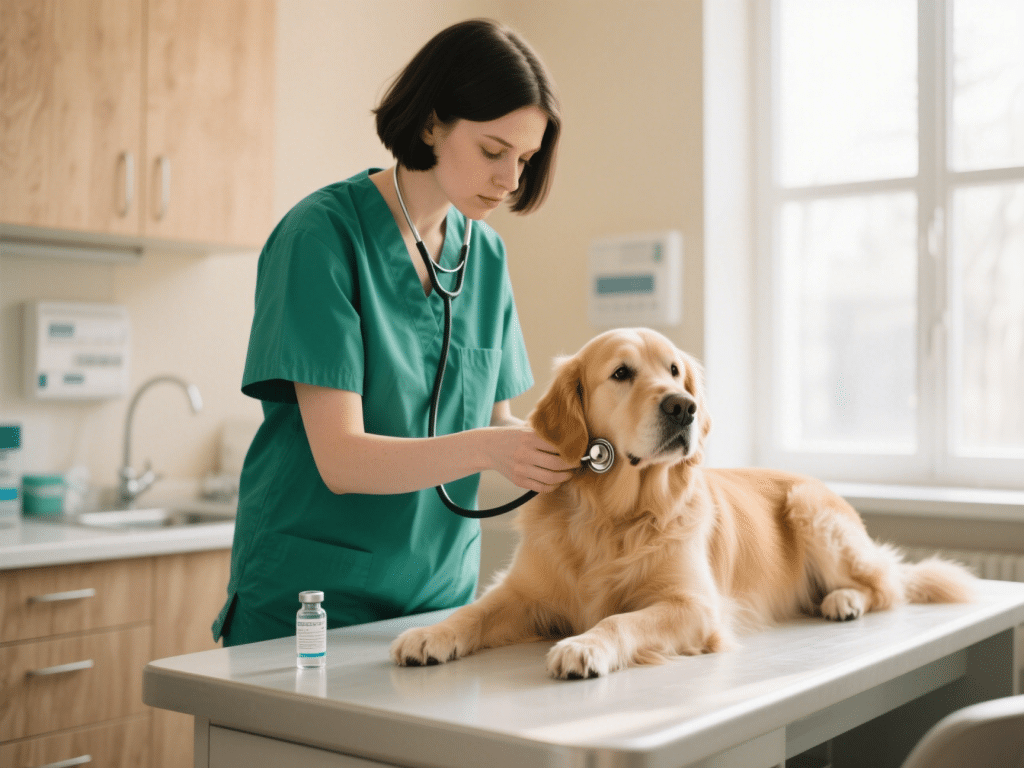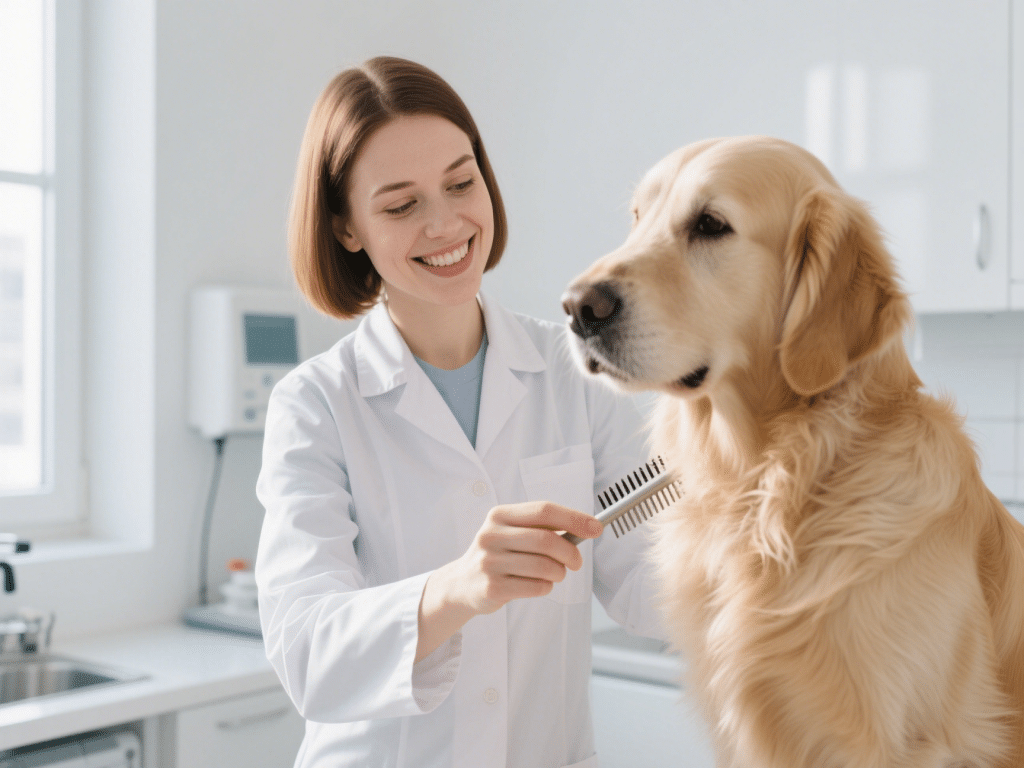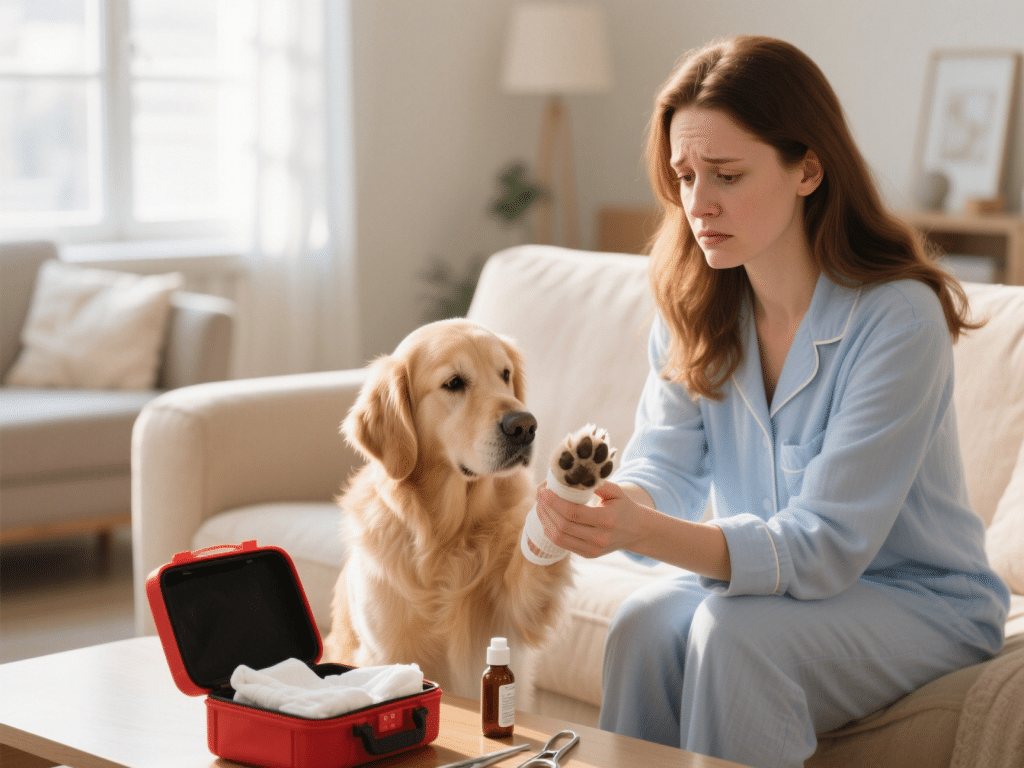Why Routine Vet Visits Are Non-Negotiable for Pet Health
Regular veterinary examinations form the cornerstone of responsible pet ownership. Unlike humans, pets instinctively mask signs of illness – a survival trait making professional preventative care essential. Consistent checkups allow veterinarians to establish health baselines and identify subtle changes long before problems become critical or costly.
Recommended Veterinary Visit Frequency by Life Stage
Puppies/Kittens (Under 1 Year): Monthly visits for vaccinations, parasite control, nutrition counseling, and socialization assessments.
Adult Pets (1-7 Years): Annual comprehensive exams. This includes weight monitoring, dental assessment, parasite screening, and core booster vaccinations.
Senior Pets (7+ Years): Bi-annual (twice-yearly) exams. Focus intensifies on screening for age-related conditions like arthritis, kidney disease, thyroid dysfunction, dental disease, and cognitive decline through blood work, urinalysis, and blood pressure monitoring.
Exceptions: Pets with chronic conditions (diabetes, heart disease) require tailored schedules per veterinary direction.
Critical Components of a Comprehensive Wellness Exam
Physical Assessment: Thorough nose-to-tail inspection checking eyes, ears, skin/coat, heart/lungs, abdomen, joints, lymph nodes, and oral cavity for abnormalities.
Weight & Body Condition Score (BCS): Tracking trends identifies obesity risks or unintended weight loss signaling underlying issues.
Parasite Prevention & Screening: Testing for intestinal parasites, heartworm (in endemic areas), and discussion of tailored flea/tick prevention protocols.
Vaccination Review: Updating core vaccines (rabies, distemper, etc.) and assessing lifestyle risks for non-core vaccines (Leptospirosis, Bordetella).
Dental Evaluation: Assessing plaque, tartar, gingivitis, and periodontal disease – a major source of systemic inflammation affecting heart/kidney health.
Diagnostic Screening (Age-Appropriate): Fecal exams, blood chemistry/hematology panels, urinalysis, thyroid testing (seniors), and potentially radiographs to detect internal issues invisible externally.
Behavior & Nutrition Discussion: Addressing concerns like anxiety, changes in appetite/litter box habits, and ensuring optimal dietary choices for life stage and health status.
The Lifesaving Benefits of Preventative Care
Early Disease Detection: Conditions like diabetes, kidney insufficiency, and cancer have vastly improved outcomes with early intervention. Blood work often reveals problems before clinical signs appear.
Cost Savings: Preventing disease or treating it in early stages is significantly less expensive than managing advanced illness or emergencies.
Extended Lifespan & Enhanced Quality of Life: Proactive management of weight, dental health, arthritis, and chronic conditions directly contributes to longevity and vitality.
Stronger Veterinarian-Pet-Owner Bond: Consistent visits build trust, allowing your vet to understand your pet’s unique personality and health history for better care decisions.
Peace of Mind: Knowing a professional is regularly monitoring your pet’s health provides invaluable reassurance.
Overcoming Common Hesitations
"My pet seems fine.": Pets are masters at hiding illness. Subtle changes in behavior, appetite, or energy levels are easily missed at home but detected during exams.
"It’s too stressful for my pet.": Veterinarians employ low-stress handling techniques. Discuss anxiety concerns beforehand; options like pre-visit medication or pheromones exist. The long-term health benefit outweighs temporary stress.
Cost Concerns: View preventative care as an investment. Budgeting for annual exams is far more manageable than unexpected emergency bills for preventable conditions.
Conclusion: An Investment in Their Future
Regular veterinary visits are not merely appointments; they are proactive investments in your pet’s health, happiness, and longevity. Partnering with your veterinarian through consistent preventative care empowers you to make informed decisions, catching potential problems early and ensuring your cherished companion enjoys the highest possible quality of life for as many years as possible. Schedule that wellness exam today – it’s the most profound way to demonstrate your love and commitment.










Comments on "The Importance of Regular Vet Visits: What You Need to Know" :